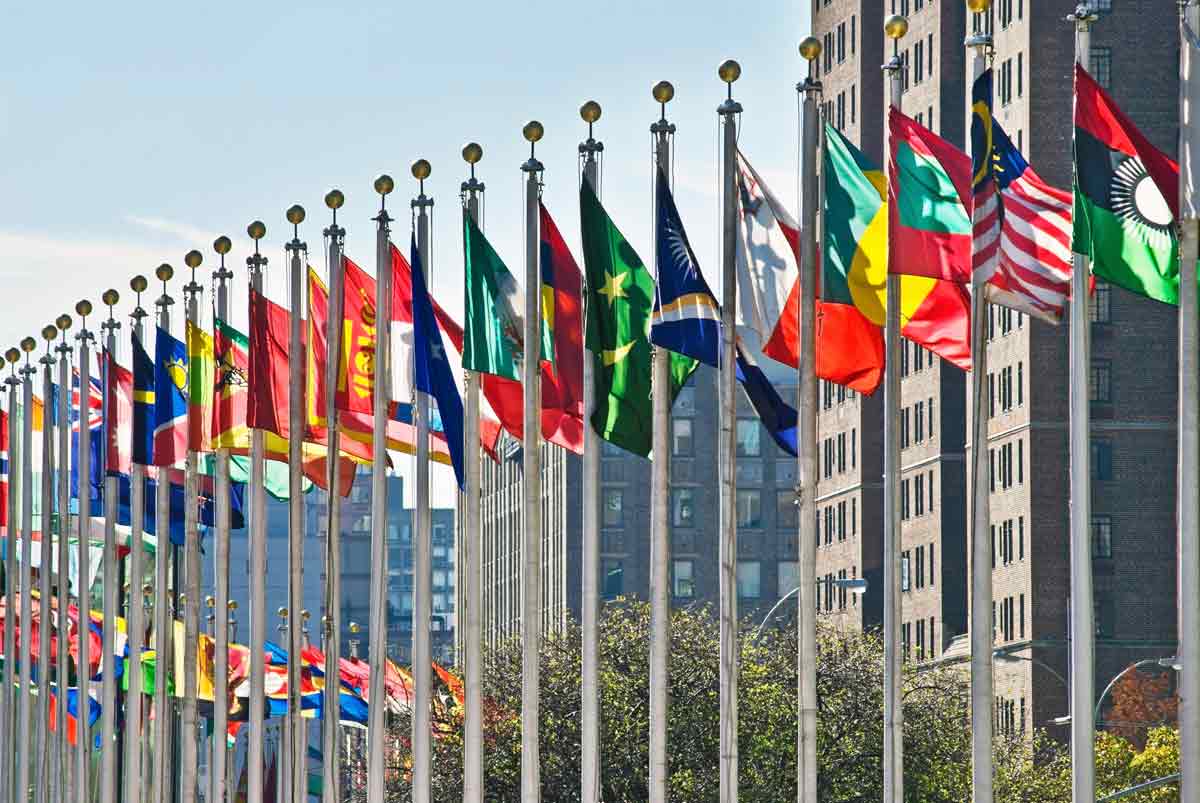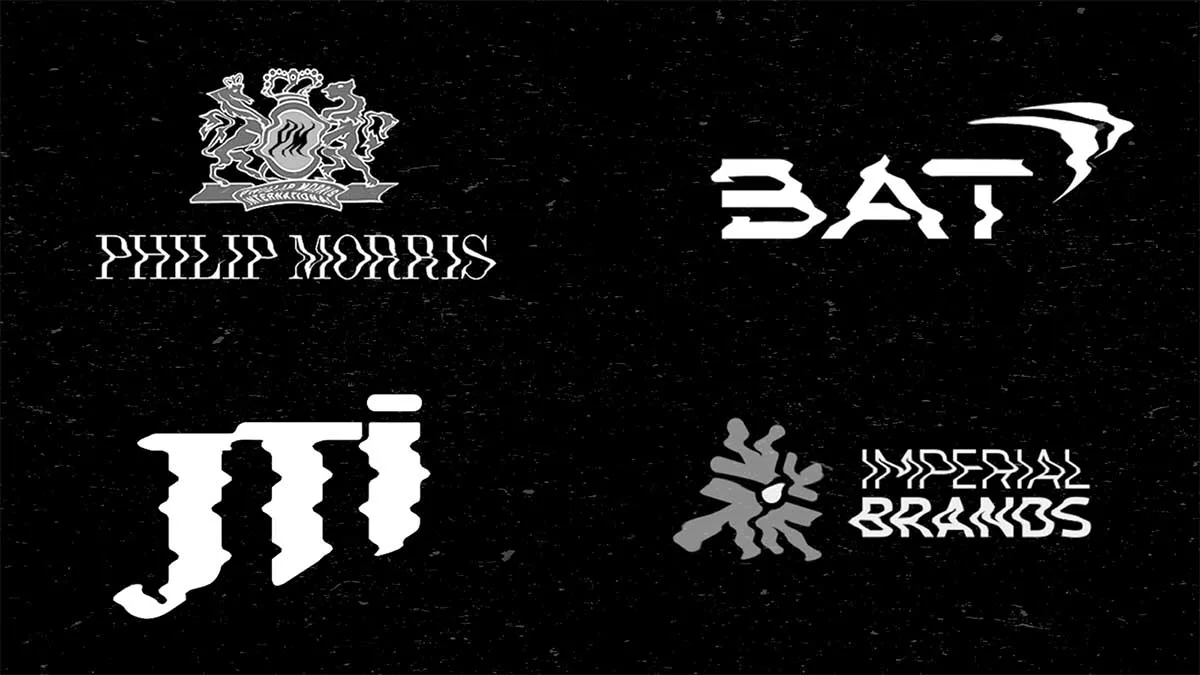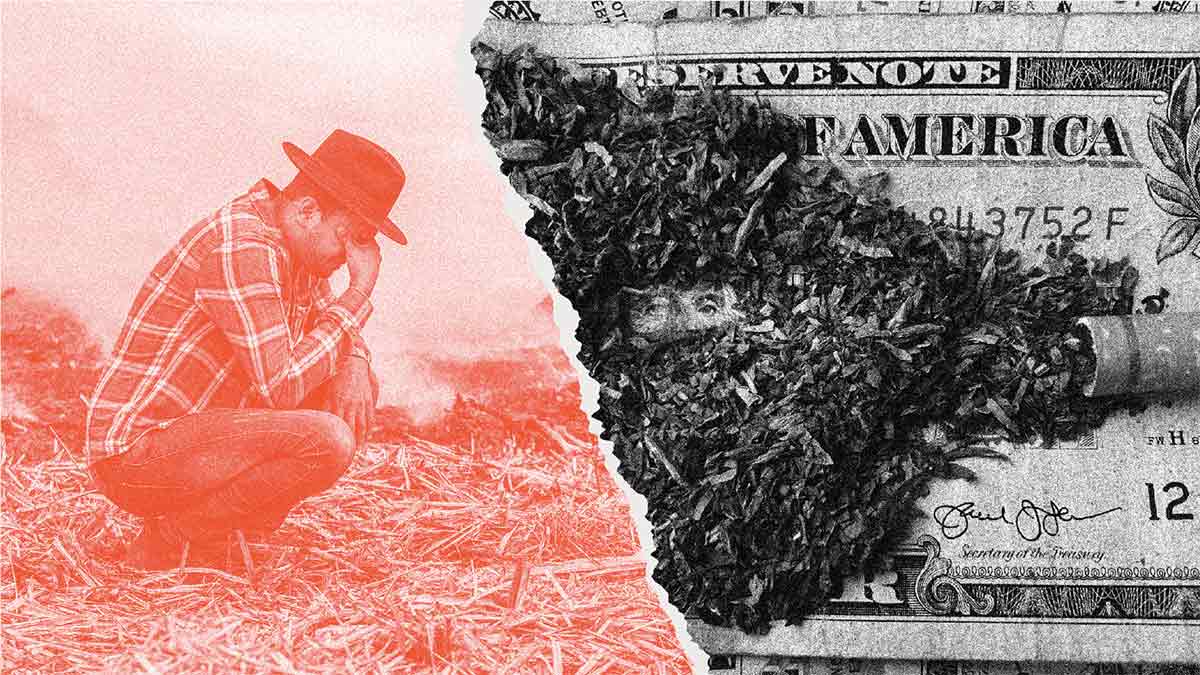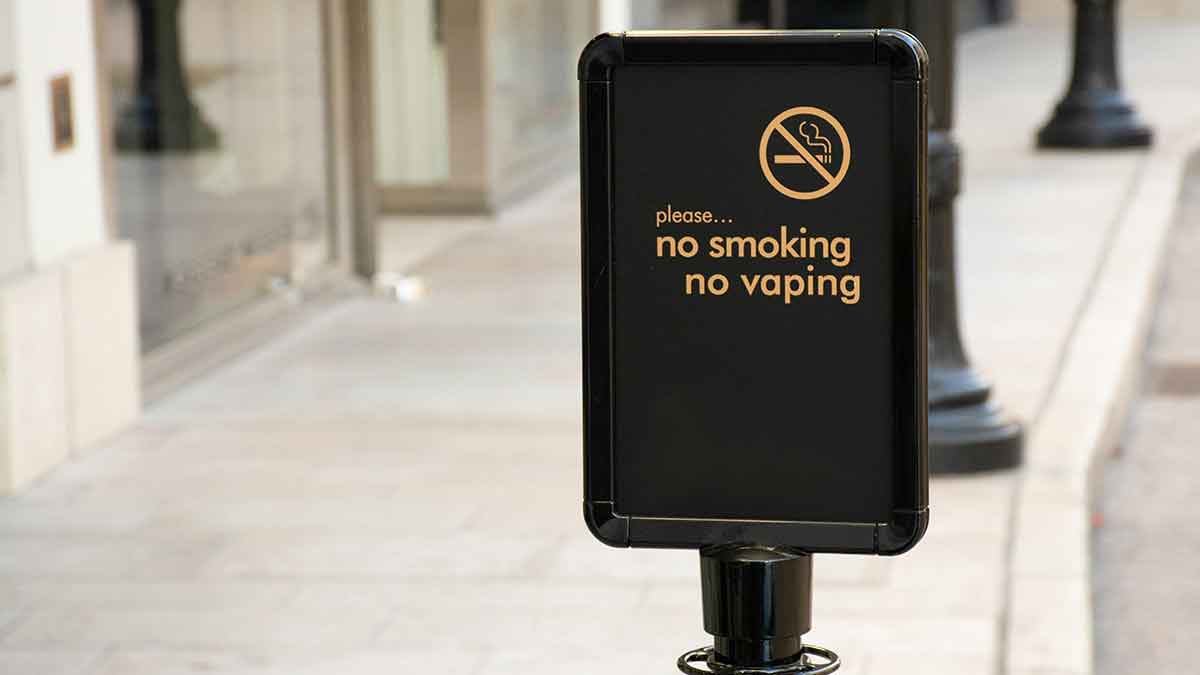- Resources
- News
-
-
Get Email Updates
Sign up for STOP's emails and never miss an update on our latest work and the tobacco industry's activity.
-
Get Funding
Ready to tackle industry interference? You could be eligible for a grant.
-
Share a Tip
Do you have information on tobacco industry misconduct in your country? Let us know.
-
Get Email Updates

30 April 2020
Secretary General António Guterres
UNITED NATIONS
New York, NY 10027
Dear Secretary General Guterres:
The tobacco control community stands with you in your commitment to overcome the challenges of COVID-19 towards “a more sustainable, inclusive and equitable economy, guided by our shared promise —the 2030 Agenda for Sustainable Development.” We applaud your initiative to provide the media with truthful science-based information, and to counter the global “misinfodemic” through the United Nations Communications Response initiative. As advocates working to expose tobacco industry misinformation, it will be a privilege to contribute to this effort.
Now, more than ever is the time to encourage implementation of the global tobacco treaty, the WHO Framework Convention on Tobacco Control, as it is essential for advancing Goal 3 (Health) of the Sustainable Development Goals (SDGs), particularly SDG Target 3.A, and plays a key role in achieving goals affecting hunger, poverty, environment, labor, gender, governance, and partnership. Like the SDGs, the WHO FCTC helps countries make progress towards numerous recognized human rights. A distinct feature of the WHO FCTC is the governments’ obligation to protect public health policies from the commercial and vested interests of the tobacco industry.
However, the tobacco industry and those furthering its interests are exploiting the current pandemic to camouflage the fact that its products kill up to half of its consumer; and that tobacco use is a major risk factor for non-communicable diseases (NCDs) which indicate a high risk for developing severe and even fatal COVID-19.
Consistent with the tobacco industry’s history of undermining scientific evidence and deceiving the public, it has played a role in health messages that sow confusion and mislead the public. The tobacco industry, instead of undoing the spread of misinformation, is branding itself as part of the solution, and maximizing visibility of its donations, thereby masking the estimated USD 460 billion annual burden to the global healthcare system.
Targeting nations in the global South, the tobacco industry has started to cash in on the goodwill gained by aggressively lobbying to deem cigarettes as essential goods despite lockdown restrictions and even sought tax privileges for its deadly products.
The tobacco industry’s products are responsible for at least USD 1.4 trillion in economic losses annually. Implementation of the WHO FCTC produces both improved health and economic gains that could form part of “a comprehensive response to the devastating socioeconomic consequences” of COVID-19. For instance, tobacco taxes can reduce smoking, reduce the burden on health systems, and fund public health investment, while healthcare cost recovery mechanisms can improve health program as well as increase accountability of the tobacco industry. Tobacco-sourced financing that has been explored for health, development, and even for solidarity funds, may be tapped as the world recovers from the COVID-19 pandemic.
The tobacco industry’s manipulation of public perception during COVID-19 is creating a barrier to such health and economic solutions, making the vision of a healthy, just, and resilient world more elusive. It is in this light that we urge you to include the tobacco industry misinformation in your efforts to battle the “misinfodemic.”
UN agencies are also vulnerable to the tobacco industry’s efforts to gain undue credibility by seeking to engage and associate with UN Offices, or with governments through the UN Offices, during the COVID19 crisis. ECOSOC resolution (E/2017/L.21) which acknowledges the importance of the Model policy for agencies of the United Nations system on preventing tobacco industry interference was designed to prevent the tobacco industry from doing so and has never been more important.
We look forward to supporting you in this endeavor. You may reach us through Ms.Bungon Ritthiphakdee (bungon@ggtc.world), Executive Director of the Global Center for Good Governance in Tobacco Control (GGTC), a partner in STOP (Stopping Tobacco Organizations and Products).
Signed on behalf of STOP, a global tobacco industry watchdog, and 52 organizations and individuals.


